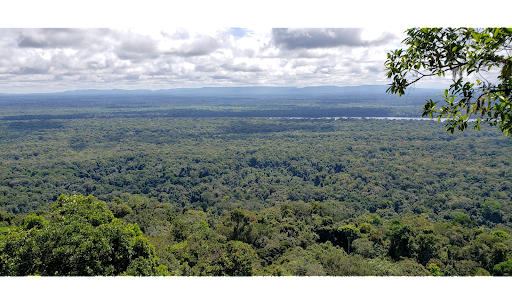The Science Behind the “Twisties”
By Mya Whitton, C2ST Intern, DePaul University
The dramatic Olympic exit from popular American gymnast Simone Biles has reignited the conversation around mental health and athletes. During the 2020 Tokyo Summer Olympics, Simone Biles became the latest athlete to share her mental health struggles as she decided not to participate in two competitions. Her decision to leave these competitions during the Olympic Games was hard for many U.S fans to accept, but her decision to prioritize her mental health over the games was supported by many all over the world. Biles admitted to the world that she was suffering from the perilous “twisties”, a phenomenon foreign to most athletes, but known too well by fellow gymnasts. As athletes fight for a balance between their mental and physical health, Biles’ case of the “twisties” highlights the dangers associated with lacking this balance. Continue reading “The Science Behind the “Twisties””


